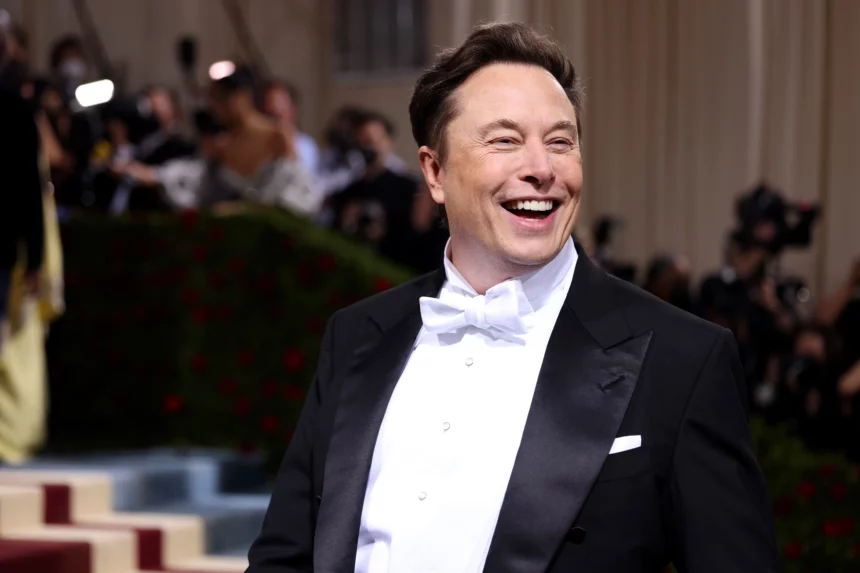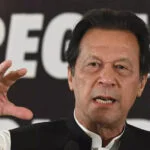After being barred from the social media site due to a dispute over posting open-source information regarding the billionaire’s jet, Elon Musk has restored the Twitter accounts of a number of journalists.
Government officials, advocacy groups, and journalism organisations all expressed outrage at the extraordinary bans, with some claiming that they were endangering press freedom.
Elon Musk tweeted that “The people have spoken. Accounts who doxxed my location will have their suspension lifted now.”
Following Mr. Musk’s accusation that they had shared location data about him, journalists for the New York Times, CNN, and the Washington Post had their accounts frozen, however in the face of rising criticism, he posed a question to Twitter followers and out of the 3.6 million participants, 59% chose to repeal the prohibition right away.
Earlier, representatives from France, Germany, the United Kingdom, and the European Union criticised Musk, who describes himself as a “free speech absolutist,” and denounced the bans.
Roland Lescure, the French Minister of Industry, announced on Twitter on Friday that he will halt all of his Twitter activity in response to Elon Musk’s decision to ban journalists.
The bans left UN communications chief Melissa Fleming “deeply disturbed,” and she tweeted that “media freedom is not a toy.”
Twitter was alerted by the German Foreign Office that actions that threatened press freedom were problematic.
Tesla stocks slump
Musk’s electric car business Tesla was impacted by the decision, and on Friday, its stock fell 4.7 percent, registering its largest weekly loss since March 2020.
The stock of Tesla, the most valuable automobile in the world, has underperformed other big automakers and tech firms this year due to investor concerns that Musk’s purchase of Twitter may have taken his attention away from Tesla and that he may sell more Tesla shares to help the faltering social media company.












